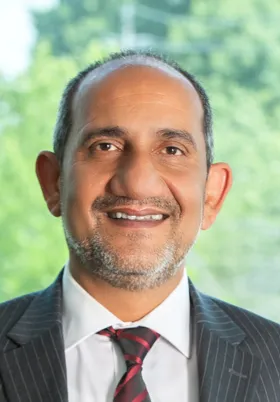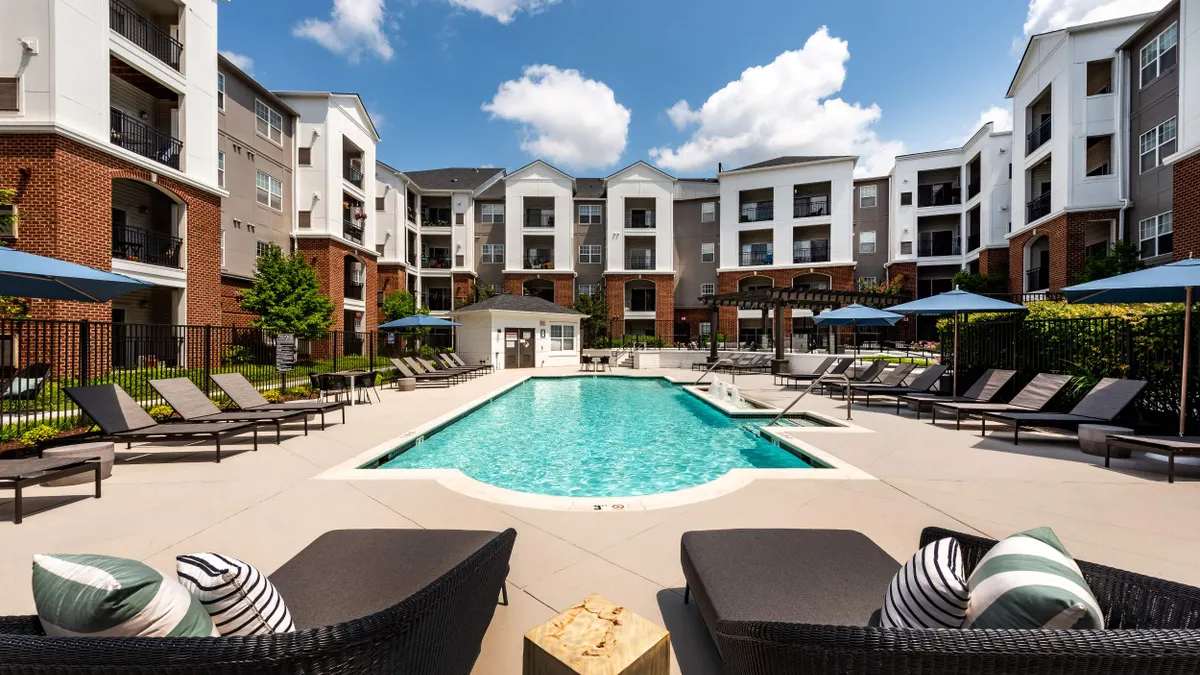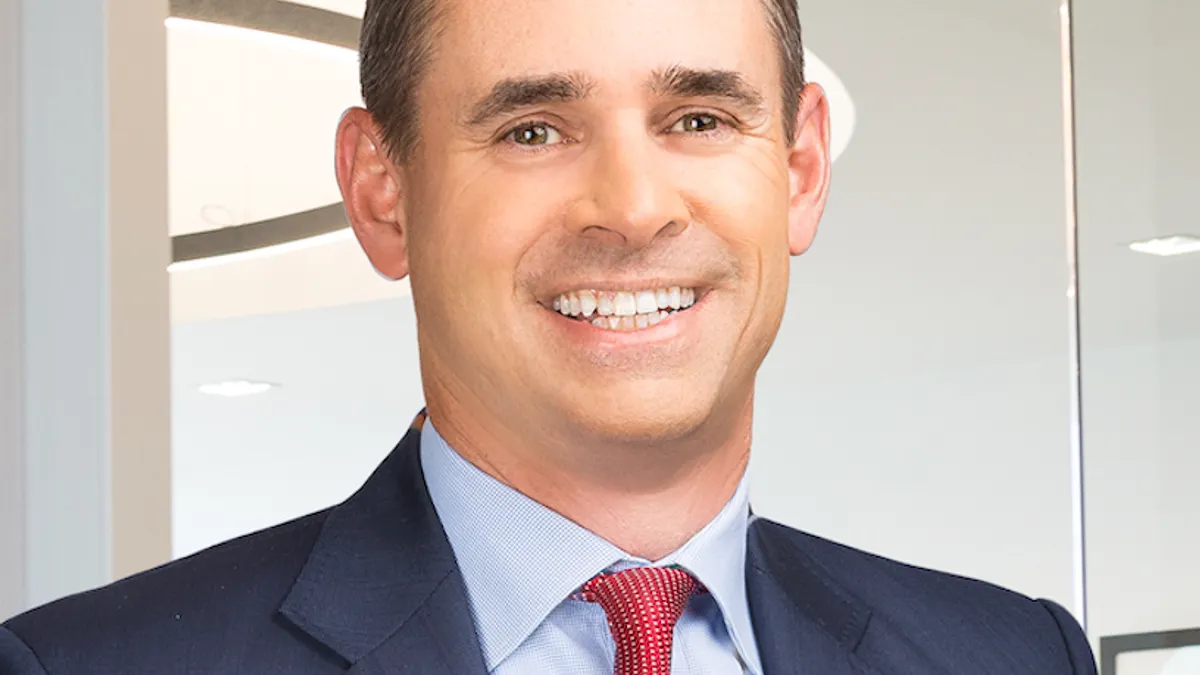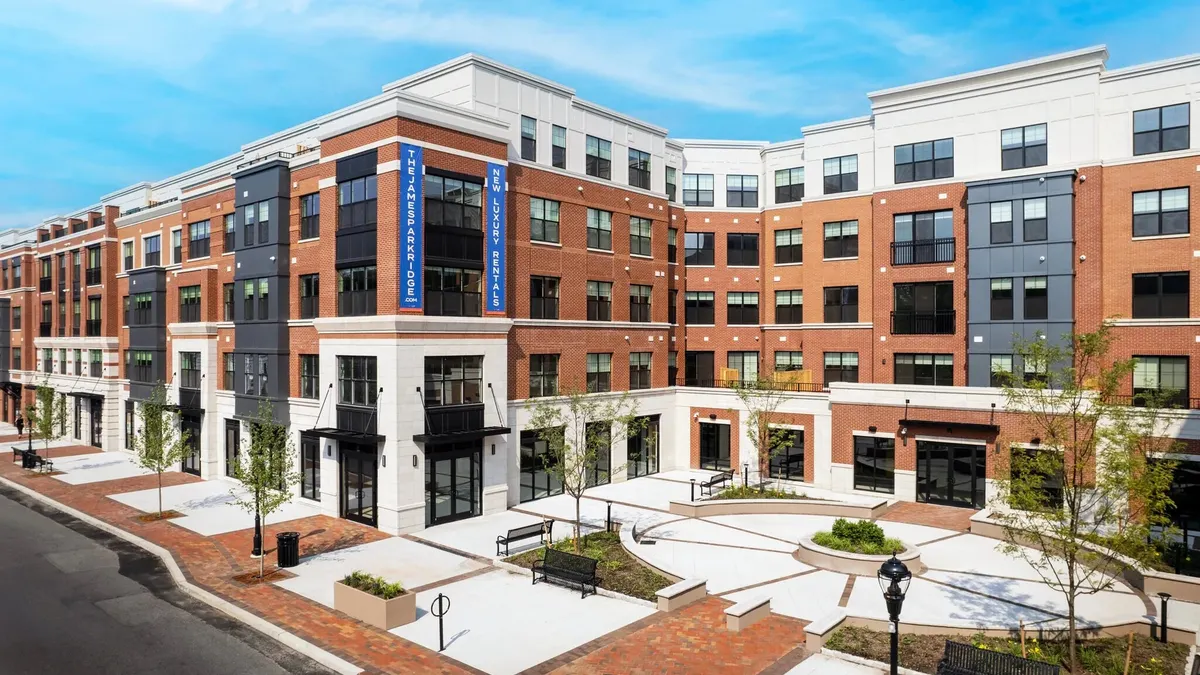To say Shah Alam has been busy over the past four years might be an understatement.
In October 2020, Alam purchased Presidential Service Industries, a cleaning company, with partner Steve Lainez. Alam later acquired Baltimore-based Edgewood Management Corporation under his Full Circle Real Estate Partners company in August 2023 and formed FCRE Compliance and Leasing in August 2023 to pave the way for launching Gaithersburg, Maryland-based real estate services company Pratum Companies.
After all of that, Pratum currently operates more than 150 properties totaling more than 15,000 apartment homes in eight states across the mid-Atlantic and South Atlantic regions, including the District of Columbia.
Alam, who held executive and senior management roles at New York City-based real estate firm Related Companies, Edgewood and Denver-based REIT Aimco, is also focused on growing through acquisitions.
“We are proactively looking to acquire properties,” Alam, now the CEO of Pratum, told Multifamily Dive. “We would be happy to end up with 1,000 to 2,000 units in the next two years. However, we are not setting a target that we have to do that.”
Instead, the focus is on aligning with the right partners, Alam said. “If something makes sense, then we will be very aggressively approaching it,” he said. “And if it doesn’t, then we'll continue growing our businesses through the other ways.”
Here, Alam talks with Multifamily Dive about the value of ownership, the importance of mid-sized managers and the goal of centralization.
This interview has been edited for brevity and clarity.
MULTIFAMILY DIVE: Why are you interested in owning buildings when you already have a robust operating platform?
SHAH ALAM: There are areas of opportunity for us if we get into ownership. One is more robust career growth and job security for our team members. When you own your own properties, you get to try out more things. You get to pilot things. You get to do things a little differently than other owners may or may not allow you to do.
We also want to generate some cash flow so we can invest in more technology and our people. And quite frankly, we do not want to rely on just these divisions to grow. We also want to grow by acquiring and being an owner in the space.
Do you see more mergers and acquisitions coming in the management space?
I do believe that we are in the mode of management acquisitions. However, a lot of deals are done without it even being advertised. I've seen some larger firms acquiring a smaller company, and it's not advertised or published.

One of our plans is to see if there are opportunities to acquire a smaller management firm or any other business sector that fits within the real estate arena. But management companies in this space don't tend to advertise as openly for the obvious reason of creating a sense of frustration or uncertainty for their employees and clients. So it's been tough.
Do you still think there is room for smaller and regional managers in this environment where it's harder to compete?
As you get super large, 100,000- or 200,000-plus units, it's hard to give a catered, customized service to all your owners. And at some point, owners or partners who are not getting the most attention will look for the mid-sized companies. That's how I think the mid-sized companies have had their bread and butter for a long time.
I also think that most of the large-size companies are owners/managers, and they're not really focused on third-party management. There are some, but the majority of them are owners, managers and developers.
In the third-party management space, middle-sized managers are very important, especially in the local geographical areas. It is very critical to have them survive. It's very critical to have them be there. It's very critical to have their expertise.
How many units do you want to get to?
From our perspective, 40,000 to 50,000 is probably our target range in the next five to 10 years. We don't look at it that we have to be a 100,000-plus-unit company. We look at it as even at 40,000, we’ll have a strong company with a strong culture that offers a lot of complementary services.
What will guide your growth?
We do not have any goals to be the biggest or the largest. Our goals are more around how we grow. How do we grow organically with our partners, and how do we grow where they want to grow?
So it's not that we will just start going to Atlanta tomorrow because we want to go to Atlanta, or we want to go to Miami. We want to go to those places where our owners are thinking of investing their dollars in the future, and we want to be there with them. We want to grow with them.
How do you view centralization?
If you remember 10 years ago, or 15 years ago, we all were talking about centralization, and then everybody decentralized. Now everybody's talking about centralization. I think it's one of those bandwagons that people just jump on without thinking it through. Every company has different needs.
To me, centralization means you take the work that is really bringing your employees down — that is really wasting their talent — and you move it somewhere central so the employee can focus on the talent and the knowledge and the qualifications they were hired for.
Click here to sign up to receive multifamily and apartment news like this article in your inbox every weekday.


















